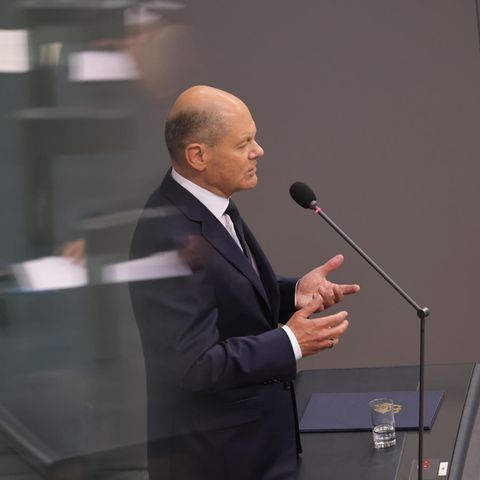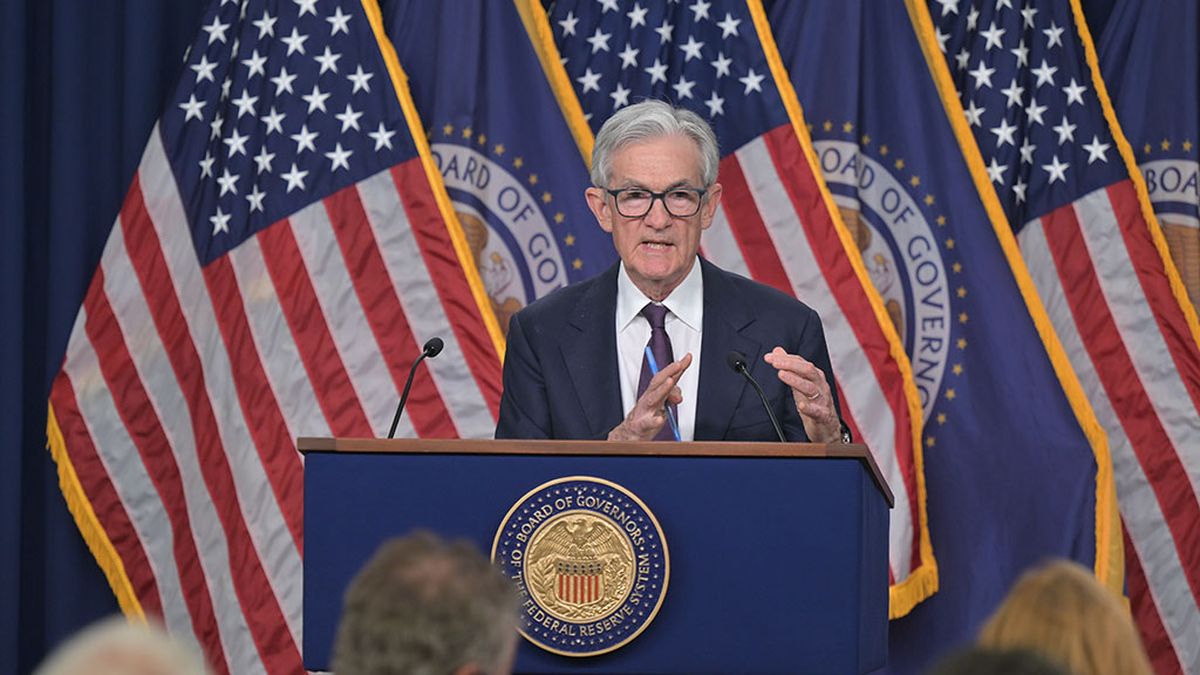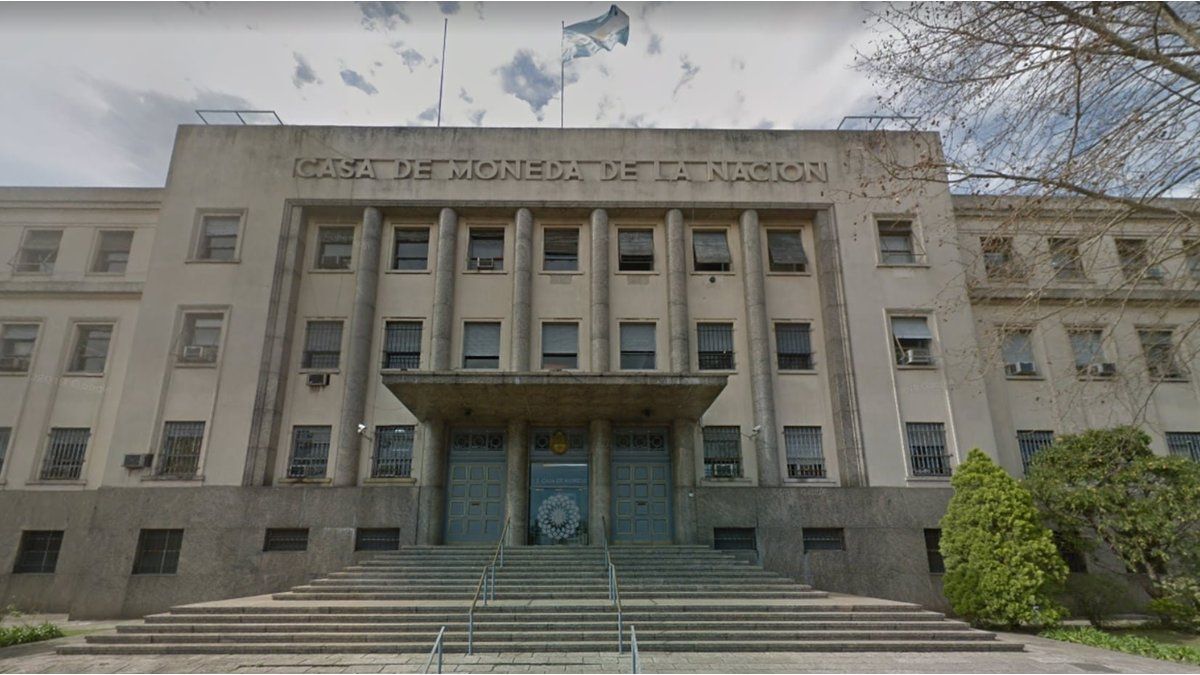Fried – view from Berlin
It is Lindner’s new favorite word. But what does “disruption” even mean?
Copy the current link
Disruption is one of the buzzwords of the moment – at least among people like Christian Lindner. Let’s hope he doesn’t mean his own party.
Christian Lindner is impressed by Javier Milei’s “power to disrupt”. We are not interested here in the much-maligned praise of the Argentine president, which, for example, “completely appalled” Lindner’s wedding guest Friedrich Merz. We are interested in the word.
The fact that Lindner uses the term disruption is initially a symptom of his difficult situation. One of the FDP leader’s peculiarities is that he tries to use distinguished language under pressure, probably in order to sound competent. Regular customers of this column remember a reflection by Finance Minister Lindner, who, under pressure to cut costs, announced that he would “deprioritize” spending.
The casual sprinkling of technical terms is by no means just a Lindnerian quirk. Politicians want to differentiate themselves as knowledgeable people from the uninformed. It’s the slang of significance. During the financial crisis, Angela Merkel constantly talked about “spreads”, i.e. the spread between the bond interest rates of different euro countries. In Middle East policy, Olaf Scholz talks about Iran and its “proxies”, i.e. the terrorist groups like Hamas or Hezbollah that act on behalf of the regime in Tehran. When Emmanuel Macron spoke about ground troops in Ukraine, his word about “strategic ambiguity”, i.e. intentional unpredictability, spilled over the talk shows and into the Bundestag. There, Defense Minister Boris Pistorius made the term his own, albeit in an elegantly ironic way: When asked whether a lack of funding for the Bundeswehr could one day drive him out of office, he left the answer open and described this maneuvering as, to be precise: “strategic ambiguity “.
“Disruption” – the magic word?
Back to disruption. The idea goes back to the economist Joseph Schumpeter, although he did not use the word. But Schumpeter liked to talk about the “creative destruction” through innovation that displaces the old. The American Clayton Christensen developed this into the concept of – Attention! – disruptive, i.e. destructive technologies. They emerge in niches and suddenly gain market share because they surpass the traditional in terms of benefits. A classic example is digital technology in photography. Or the displacement of Nokia cell phones by Apple smartphones.
Disruption is now one of those words that eventually appears so naturally in talk shows and editorials that no one dares to ask what they actually mean anymore. Disruption is a buzzword, a code by which people recognize themselves who believe that they are particularly aware of the dimension of necessary change, economic, political and in general. Disruption is something big, but also diffuse. If you demand disruption at work or in the bowling club, you are already part of it.
Fans emphasize the creative power of disruption. But destruction is the other side of the coin. A functioning business model will collapse if it does not reform. If you apply the principle of disruption to politics, it can also affect a party.
Which brings us back to Christian Lindner. He led the FDP from a niche into government participation. And now seems to be turning her back on the path. The liberals cannot muster the strength for tough reform that impresses them in others against themselves. In the end it turns out that D-Day stood for Disruption Day in the FDP.
Published in stern 51/2024
Source: Stern
I have been working in the news industry for over 6 years, first as a reporter and now as an editor. I have covered politics extensively, and my work has appeared in major newspapers and online news outlets around the world. In addition to my writing, I also contribute regularly to 24 Hours World.





